
Browse All Food Oils
Food oils are oils that are used for cooking and other culinary purposes. They are usually made from plant sources, such as olive oil, canola oil, peanut oil, and vegetable oil. Some oils, such as butter and lard, are made from animal sources.
Food oils are used to fry foods, to add flavor to food, and to make salad dressing. They can also be used in baking. Food oils are used to fry food, to add flavor to food, and to make food more moist. They can also be used to make salad dressings and sauces. Most food oils are high in fat. They also contain vitamins and minerals. Some food oils, such as olive oil, are also a source of antioxidants.
There is some debate about the healthiness of food oils. Some people believe that they are healthy, while others believe that they are not. Some research has shown that certain food oils can help to lower cholesterol levels and reduce the risk of heart disease. However, other research has shown that some food oils can actually increase the risk of heart disease. More research is needed to determine the effects of food oils on health.
In general, food oils are a healthy part of the diet. They provide essential fatty acids that the body needs, and they can be a good source of antioxidants. When used in moderation, they are unlikely to cause any health problems.

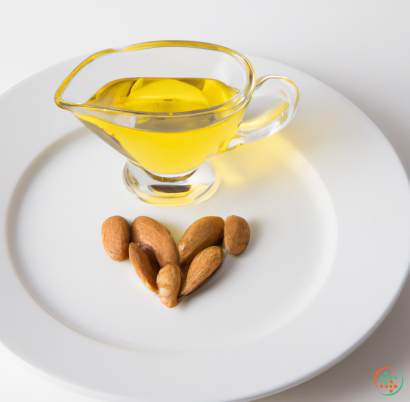
Almond oil is a pale yellow oil that is extracted from almonds. It is high in monounsaturated fats and vitamin E.
Almond oil
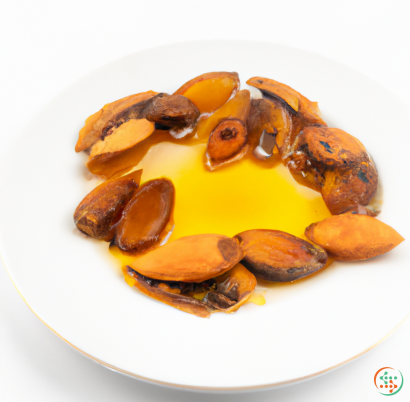
used for. Apricot kernel oil is used for skin care and for making cosmetics.
Apricot kernel oil
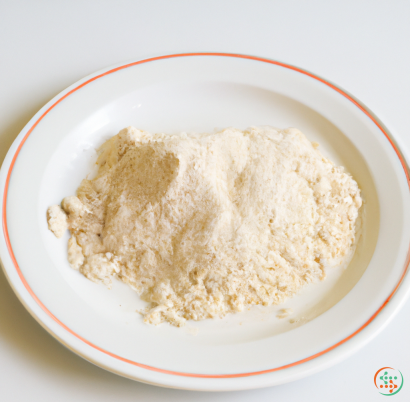
Arrowroot flour is a white, powdery flour made from the arrowroot plant. It's often used as a gluten-free alternative to wheat flour.
Arrowroot flour
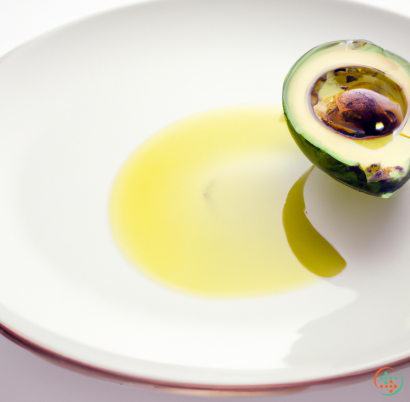
A type of oil extracted from avocados, typically used in cooking as a healthier alternative to other oils. It has a milder flavor than olive oil, making it a good option for dishes where you don't want the oil to be a dominant flavor.
Avocado oil
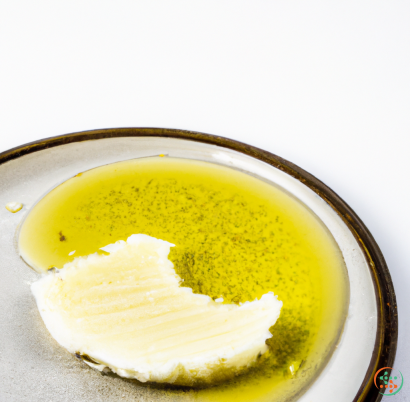
Babassu oil is a natural, sustainable oil that is extracted from the kernels of the babassu palm fruit. It has a high melting point, making it ideal for use in cosmetics and soaps.
Babassu oil
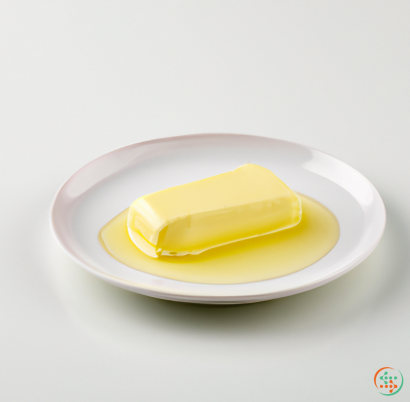
A butter oil is a type of oil that is derived from butter. It is typically used as a cooking oil, but can also be used as a skin moisturizer or hair conditioner.
Butter oil
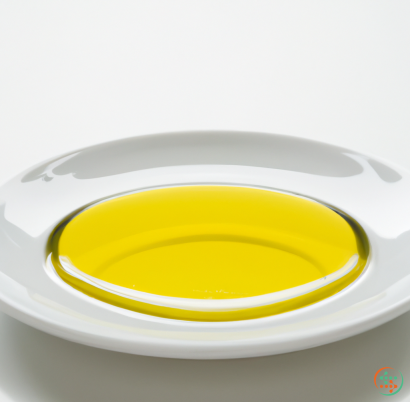
Canola oil is a type of vegetable oil that is derived from a variety of rapeseed that is low in erucic acid, as opposed to colza oil. Canola oil is used in many different food applications, such as frying, as well as in cosmetics, and as a biofuel.
Canola oil
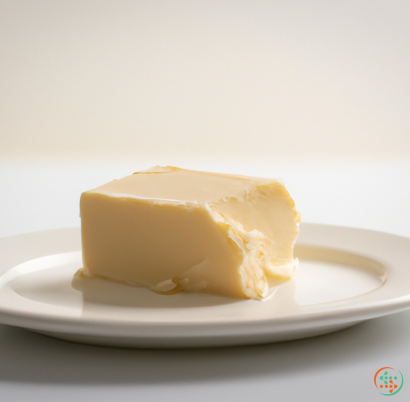
Cocoa butter is a natural, creamy fat that is extracted from cocoa beans. It is used to make chocolate as well as cosmetics and soaps.
Cocoa butter
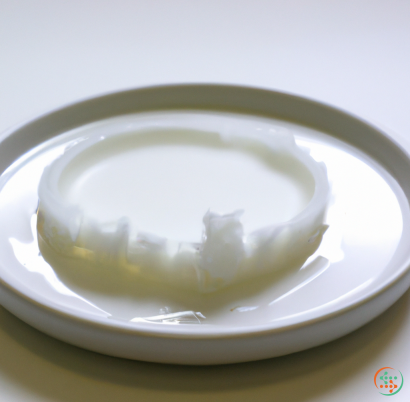
Coconut oil is a white solid fat that is extracted from the meat of a mature coconut. It has a melting point of 76 degrees Fahrenheit and is often used in baking or as a skin moisturizer.
Coconut oil
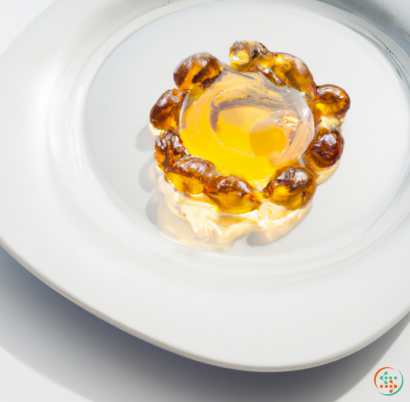
Cod liver oil is a type of oil that is extracted from the liver of a cod fish. It is rich in omega-3 fatty acids, which are beneficial for maintaining heart health and preventing chronic diseases.
Cod liver oil
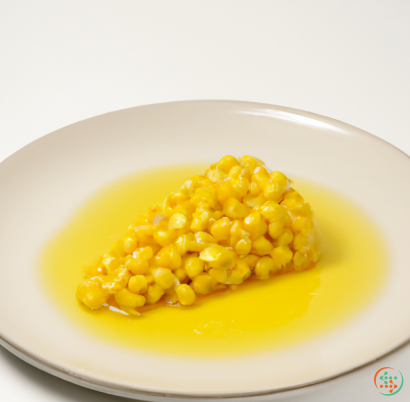
A corn oil is a vegetable oil extracted from the germ of corn. It is used in a variety of food and industrial applications.
Corn oil
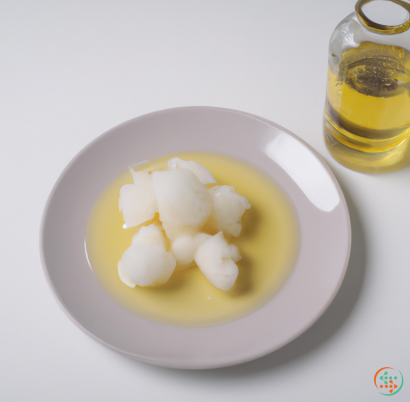
Cottonseed oil is a vegetable oil extracted from the seeds of the cotton plant. It is used in cooking, as well as in cosmetics and industrial applications.
Cottonseed oil
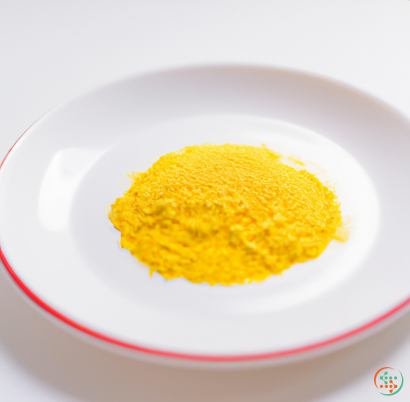
used for Egg yolk powder is used as a thickener and emulsifier in many different foods, such as salad dressings, mayonnaise, and ice cream.
Egg yolk powder
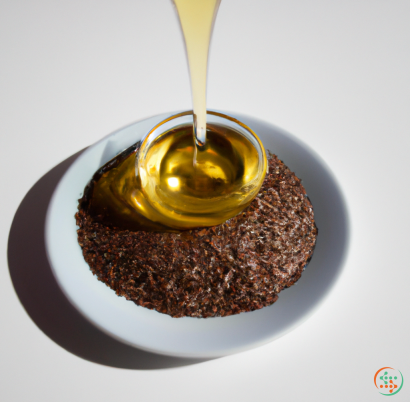
Flaxseed oil is a plant-based oil that is derived from the seeds of the flax plant. It is high in omega-3 fatty acids, which are beneficial for health.
Flaxseed oil
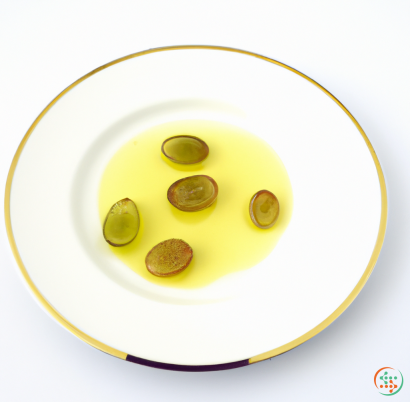
Grape seed oil is a pale yellow oil that is extracted from grape seeds. It has a light, nutty flavor and is high in polyunsaturated fats.
Grape seed oil
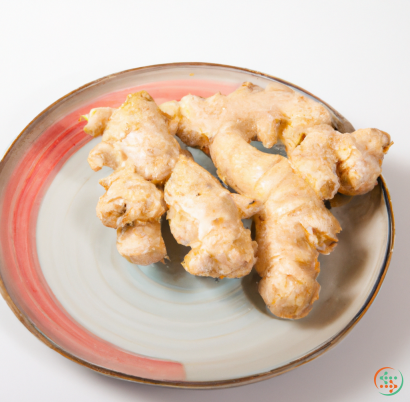
A ground ginger is a dried and powdered root of the plant Zingiber officinale. It is used as a spice or seasoning.
Ground ginger
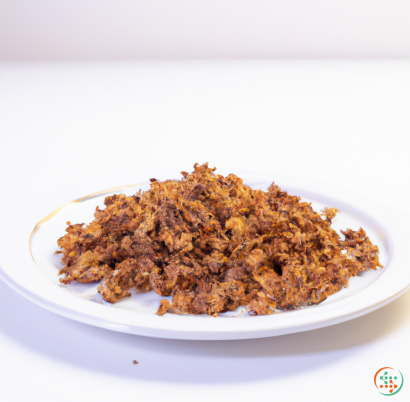
A Ground Mace is a blunt weapon with a heavy head, usually of metal, attached to a long shaft. It is used for bludgeoning opponents.
Ground mace
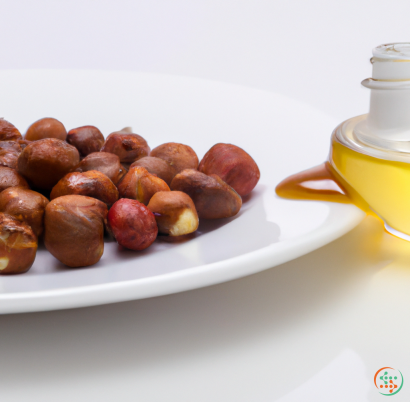
Hazelnut oil is an oil that is derived from hazelnuts. The oil has a nutty aroma and flavor and is used in many culinary applications.
Hazelnut oil
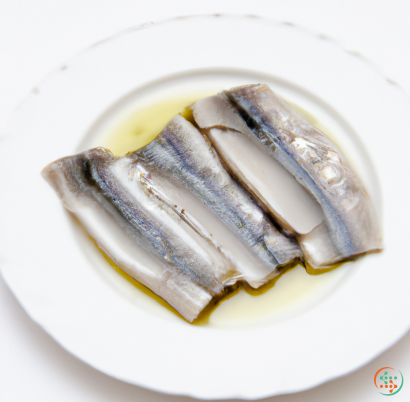
Herring oil is a type of fish oil that is extracted from the tissue of herring fish. It is a source of omega-3 fatty acids.
Herring oil
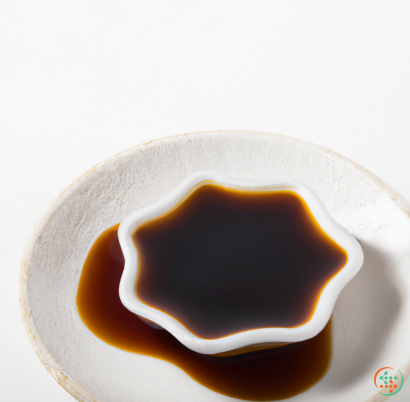
A hydrolyzed soy sauce is a sauce that has had soybeans soaked in water and then crushed into a paste. This paste is then fermented and used as a sauce.
Hydrolyzed soy sauce
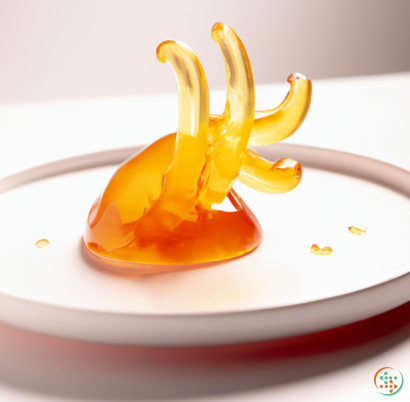
Jellyfish are beautiful, but deadly creatures of the sea. They have long tentacles that can deliver a painful sting.
Jellyfish
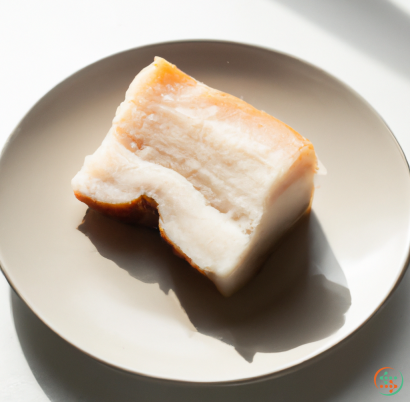
A lard is a type of fat that is extracted from the abdominal cavity of a pig. It is used in various cuisines as a cooking fat or as a spread.
Lard
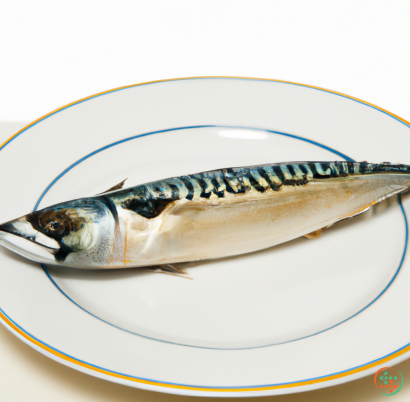
A Mackerel is a small, slim fish with iridescent blue-green markings. It has a deeply forked tail and a single dorsal fin that runs the length of the body.
Mackerel
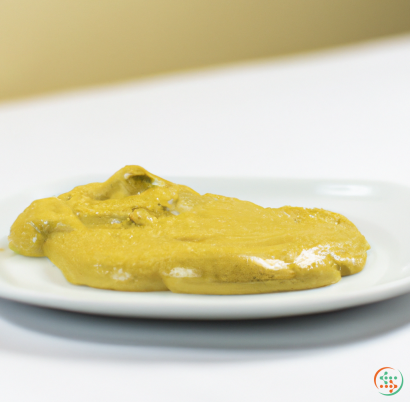
A mustard is a yellow condiment made from ground mustard seeds. It is used as a spread on sandwiches and as a flavoring in many dishes.
Mustard
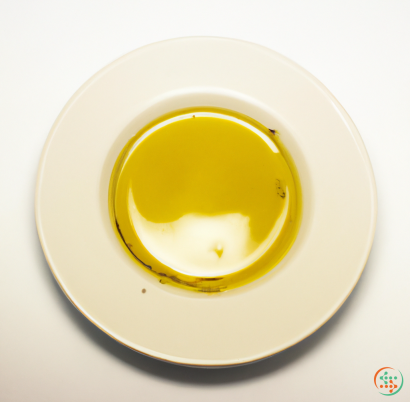
Mustard oil is made from the seeds of the mustard plant. It has a strong, pungent flavor and is used in Indian cuisine.
Mustard oil
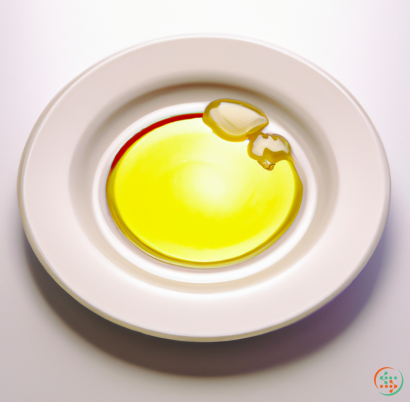
Oat oil is a natural oil that is extracted from oats. It is high in antioxidants and nutrients, and has anti-inflammatory and anti-itch properties.
Oat oil
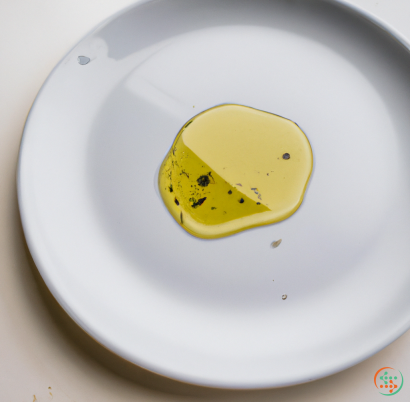
Olive oil is a fat obtained from the olive (the fruit of Olea europaea; family Oleaceae), a traditional tree crop of the Mediterranean Basin. The oil is produced by pressing whole olives.
Olive oil
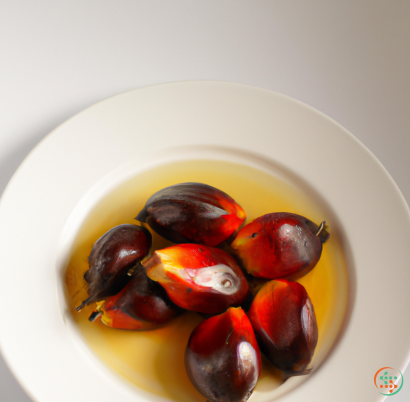
Palm oil is a type of edible vegetable oil that is derived from the palm fruit, which grows on the African oil palm tree. Palm oil is reddish in color because it contains a high amount of beta-carotene.
Palm oil
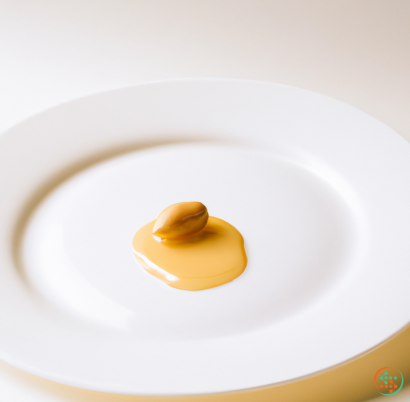
A Peanut oil is a type of vegetable oil that is derived from peanuts. It has a light to medium amber color and a neutral flavor.
Peanut oil
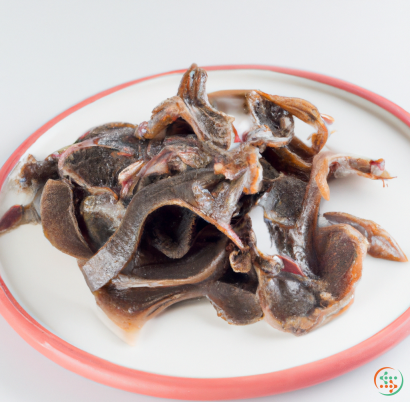
used for. Pigs have very sensitive ears. They are used to help the pig navigate and also to communicate.
Pig's ears
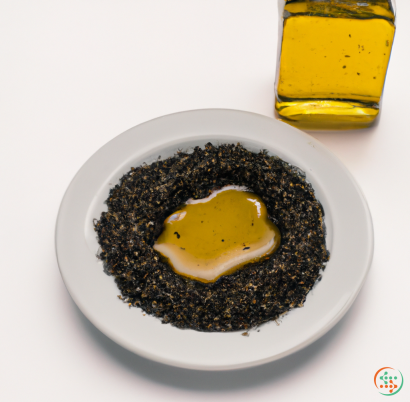
A Poppyseed oil is an oil that is derived from the poppy plant. The poppy plant is native to Europe and Asia and has been used for centuries for its medicinal properties.
Poppyseed oil
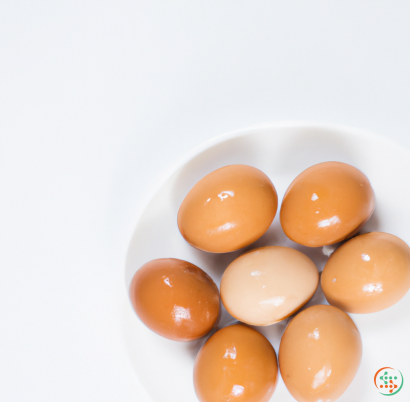
A raw egg is an egg that has not been cooked.
Raw eggs
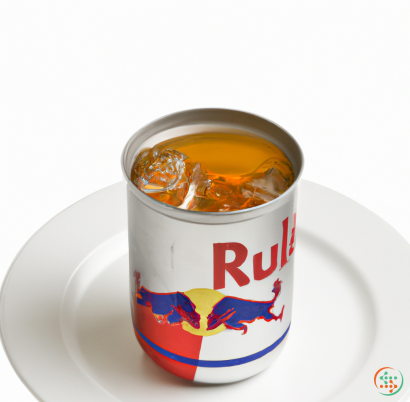
Red Bull is an energy drink that contains caffeine, taurine, and other ingredients. It is marketed as a drink that improves physical and mental performance.
Red Bull energy drink
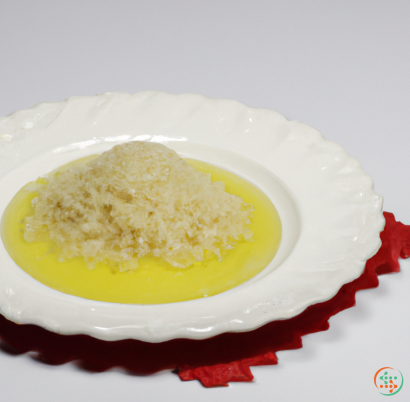
Rice bran oil is a vegetable oil that is extracted from the germ and inner husk of rice. It has a high smoke point and a mild flavor, making it a good choice for high-heat cooking methods such as stir-frying.
Rice bran oil

Salmon oil is a type of fish oil that is extracted from the flesh of salmon. It is high in omega-3 fatty acids, which are beneficial for health.
Salmon oil
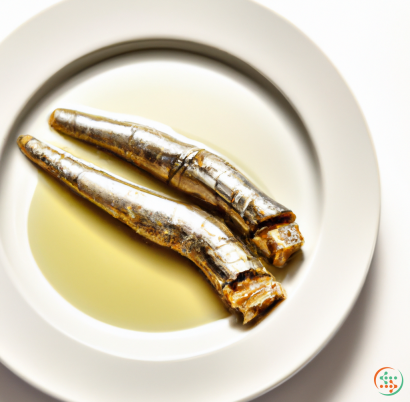
Sardine oil is a type of fish oil that is extracted from sardines. It is a source of omega-3 fatty acids and is used in many health supplements.
Sardine oil
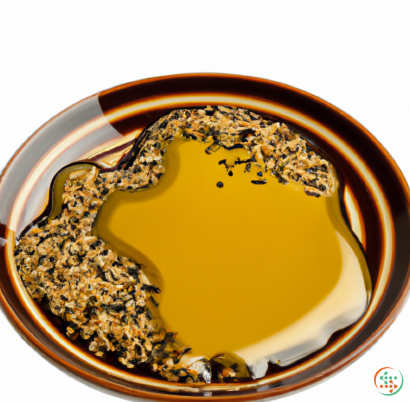
Sesame oil is a type of vegetable oil that is extracted from sesame seeds. It has a nutty flavor and is often used in Asian cuisine.
Sesame oil
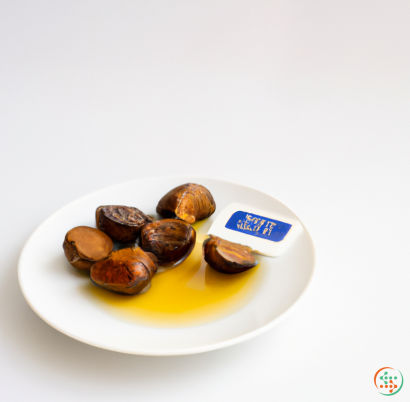
Shea nut oil is a type of oil that is extracted from the nuts of the African shea tree. The oil is rich in nutrients and has a number of benefits for the skin.
Shea nut oil
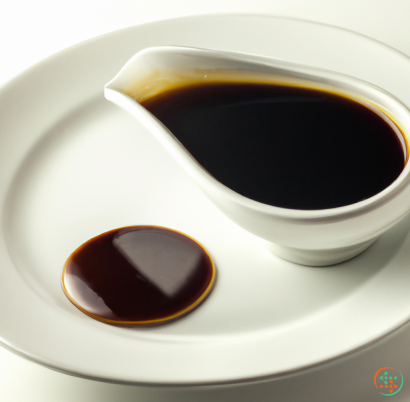
A soy sauce (tamari) is a sauce made from soybeans. It is used as a condiment or seasoning in Asian cuisine.
Soy sauce (tamari)
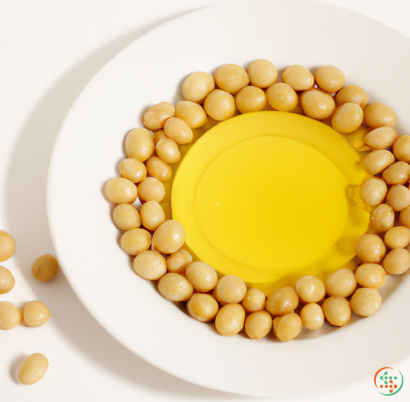
A type of vegetable oil that is extracted from soybean seeds. It is a clear yellow oil that is used in a variety of food applications.
Soybean oil
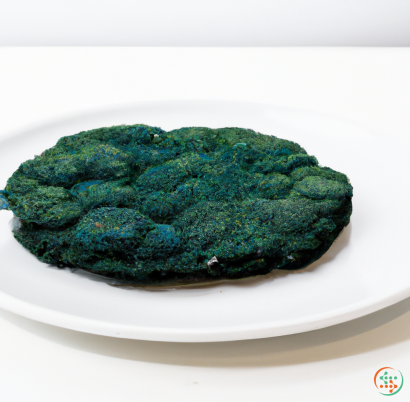
A blue-green algae, Spirulina is a rich source of protein, vitamins, minerals, and carotenoids. It is primarily used as a dietary supplement and food ingredient.
Spirulina
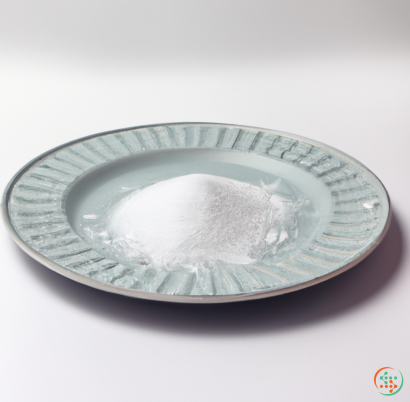
A sugar substitute is a food additive that duplicates the effect of sugar in taste, but usually has less food energy.
Sugar substitute (stevia sweetener)
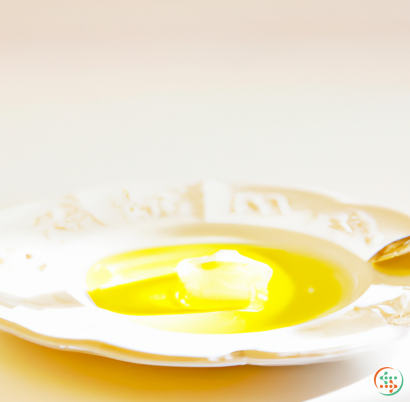
Sunflower oil is a non-volatile oil that contains high levels of Vitamin E and linoleic acid. It is used as an ingredient in many cosmetic and personal care products.
Sunflower oil
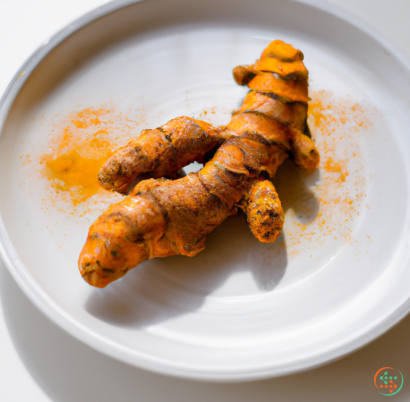
Turmeric is a spice that is often used in Indian cuisine. It has a warm, peppery flavor and can be used to flavor meats and vegetables.
Turmeric
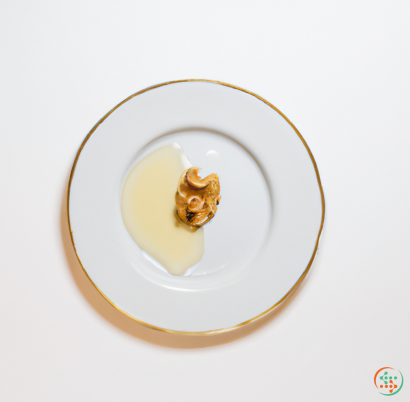
A walnut oil is a type of edible oil that is extracted from walnuts. It has a nutty taste and is often used in salad dressings, marinades, and baking.
Walnut oil
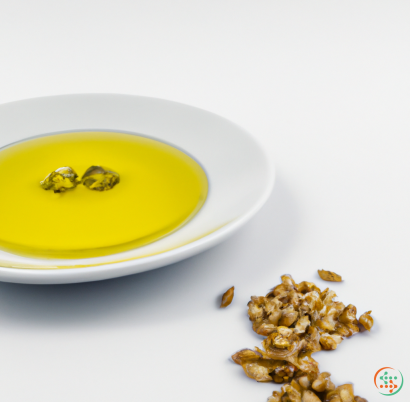
A wheat germ oil is a vegetable oil that is extracted from the germ of the wheat kernel. It is a rich source of vitamin E and essential fatty acids.
Wheat germ oil
The Origins of Food Oils
Vegetables are an important part of a healthy diet. They are low in calories and fat, and high in fiber. They also contain vitamins and minerals that are essential for good health. Vegetables are a good source of vitamins A, C, and E. These vitamins are important for vision, immune function, and skin health. They also contain folate, which is important for pregnant women.
Vegetables are a good source of fiber. Fiber helps to keep the digestive system healthy and can help to lower cholesterol levels. Fiber is also important for keeping blood sugar levels under control. Vegetables are low in calories and fat. This makes them a good choice for people who are trying to lose weight. They are also low in sodium, which is important for people with high blood pressure.
Eating vegetables can help to protect against some chronic diseases. These include heart disease, stroke, and some cancers. Vegetables that are especially good for this include broccoli, spinach, and tomatoes. So, eating vegetables is not only good for your health, but can also help to prevent some serious diseases.
There are many different ways to eat more vegetables. You can add them to your breakfast by eating a veggie omelet or adding them to your cereal. You can also add them to your lunch and dinner. Try adding a salad to your lunch or eating a veggie burger for dinner. You can also snack on vegetables like carrot sticks or celery. So, there are many easy ways to include vegetables in your diet.
Eating vegetables is good for your health. They are low in calories and fat, and high in fiber and vitamins. They can also help to prevent some chronic diseases as mentioned above. So, make sure to include them in your diet.